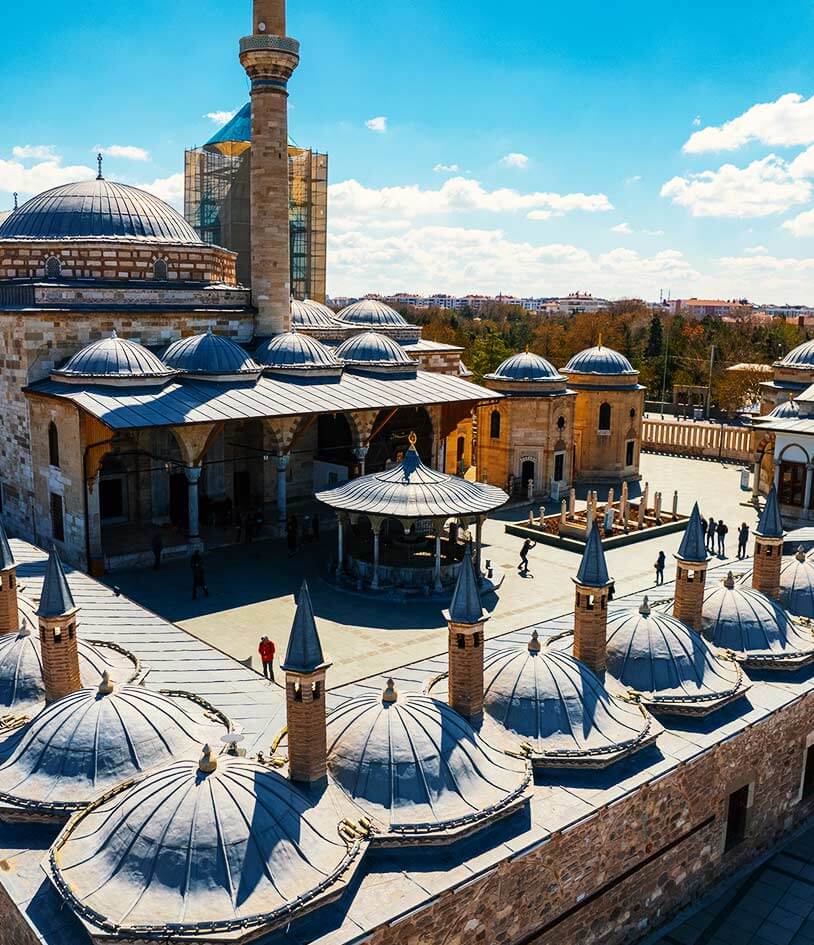
Spiritual sounds
The gentle notes of the ney flute fill the air during Sufi ceremonies, as this ancient instrument, made from hollow reed, is central to the famous Whirling Dervish performances.
The ney produces a soft but powerful sound, and during a traditional Sema ceremony, musicians sit quietly in the background while the dervishes spin in flowing white robes. The music is slow and meditative, designed to reflect a journey of spiritual awakening. Konya’s Mevlana Museum offers a deeper look into this tradition.
Here, visitors can learn about Rumi, the famous poet whose teachings inspired the Whirling Dervishes, and see exhibits explaining the significance of the ney in Sufi culture.
For an unforgettable experience, time your visit to see a live Sema performance.
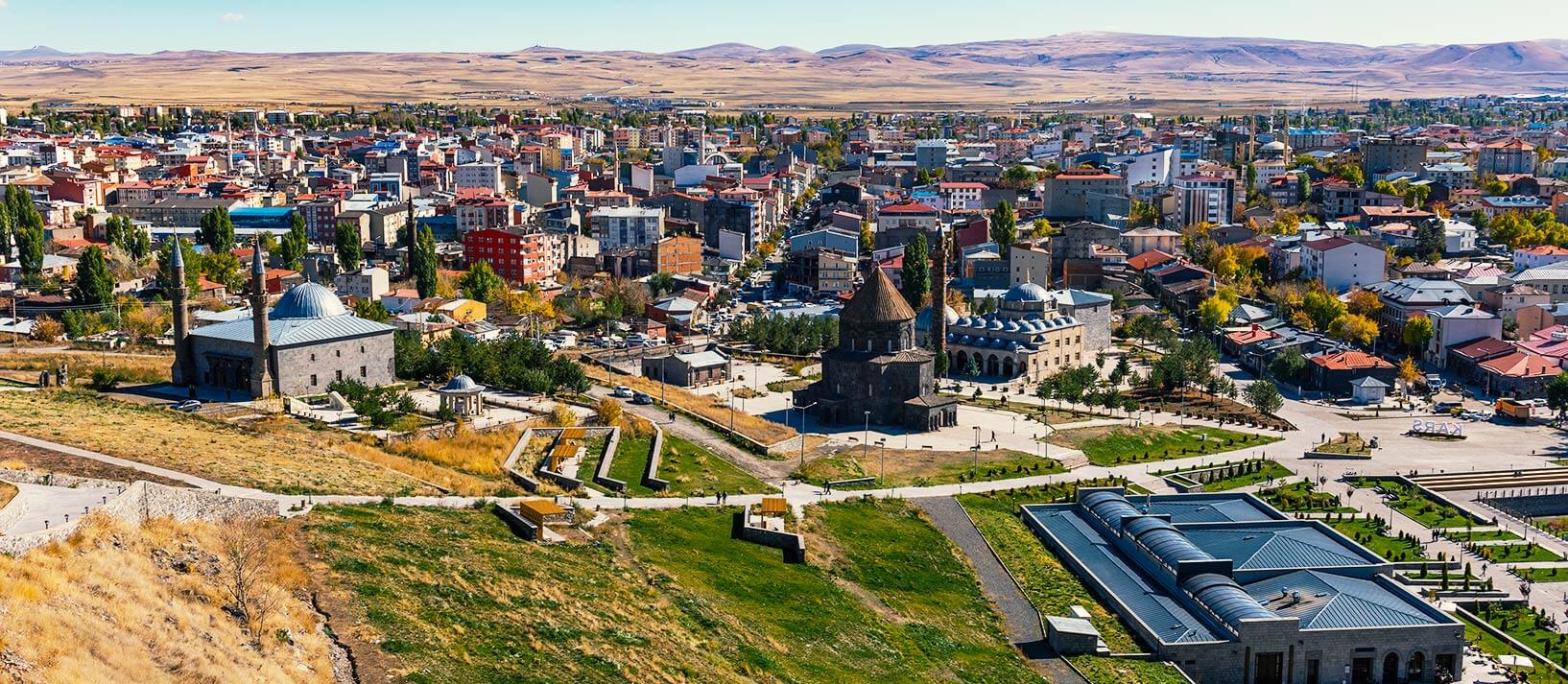
Village instruments
Loud and lively, the davul drum and zurna (a woodwind instrument) are at the heart of many of Türkiye’s traditional celebrations, including weddings and village festivals. The pairing of these two classic instruments is especially common in Anatolia, where traditional dances are often led by their rhythms.
During village weddings, it’s common for musicians to lead processions through the streets, with locals joining in to dance and clap along.
For a memorable experience, visit Kars during the festival season. The lively music and fast-paced dances here make for a fantastic introduction to this energetic tradition.
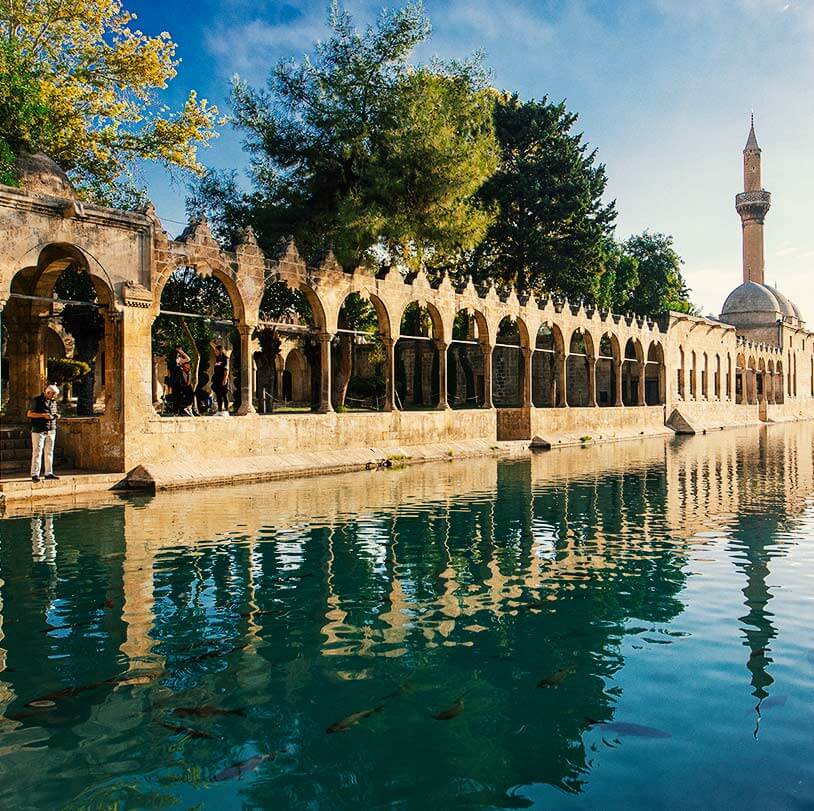
Anatolian folk music
In southeastern Türkiye’s Şanlıurfa, a city known for its deep musical roots, you can find locals singing folk songs in historic courtyards or traditional cafés.
Performances here are less about formal concerts and more about storytelling and community, making it a great way to connect with the culture.
The bağlama, also known as the saz, is one of the most iconic instruments used in such performances. This stringed instrument has a warm, rich sound and is central to folk music traditions across the country.
The bağlama is often played by aşıklar – folk musicians who use songs to tell stories of love, loss, and life in rural communities. In villages across Central Anatolia, gatherings in coffeehouses often feature impromptu bağlama performances.
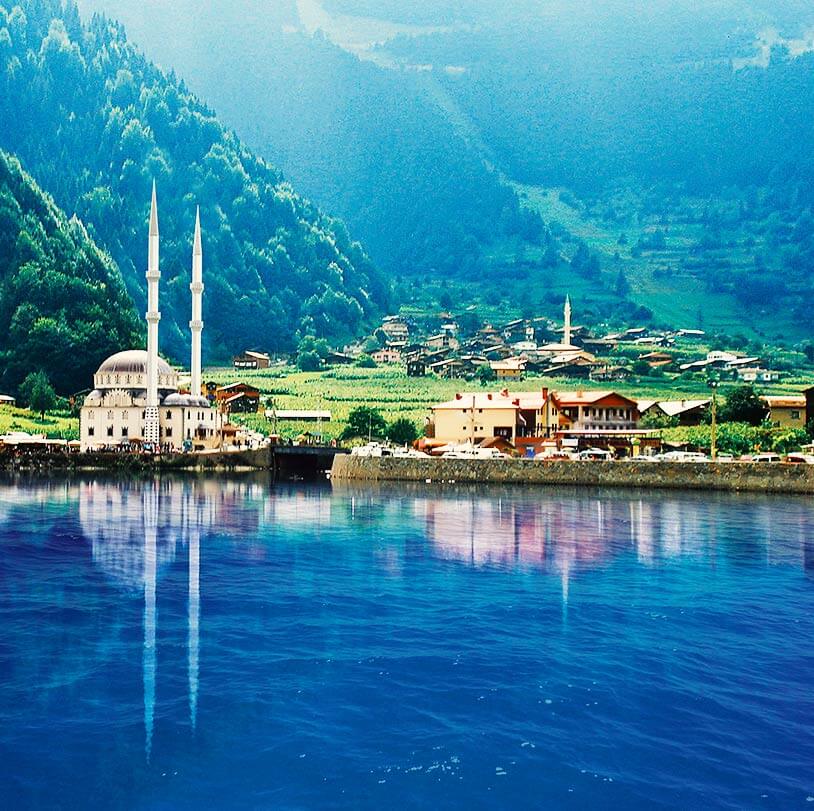
The Black Sea’s kemençe
Along Türkiye’s northern coast, the lively sound of the kemençe provides the soundtrack to Black Sea traditions. This small, stringed instrument is played with a bow and is famous for its sharp, fast-paced melodies.
The kemençe is most often heard in the region’s folk dances, particularly the high-energy horon. Dancers move in quick, synchronised steps in time to the rapid rhythm of the music. It’s fast, intense, and energetic.
In Trabzon, local taverns often feature live kemençe performances, with musicians typically encouraging guests to join the dance.
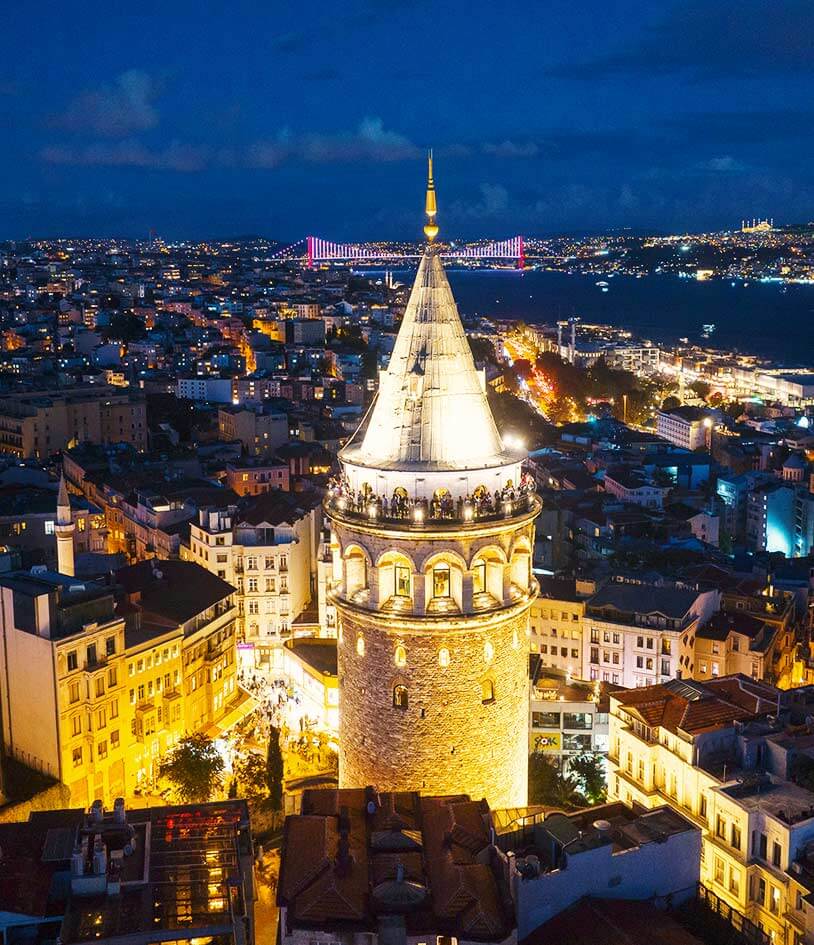
Tavern tunes
İstanbul’s fasıl music is a traditional style often performed in meyhanes (Turkish taverns).
As diners sip rakı and enjoy plates of meze, musicians move between tables playing a mixture of classical and modern music, which can be gentle or raucous as the crowd warms up.
For an authentic fasıl experience, head to Istanbul’s Kumkapı or Galata districts, where you’ll find some of the city’s best meyhanes.
These relaxed, casual venues offer a great way to enjoy live Turkish music in an authentic setting.

Istanbul’s street music
One of the best ways to soak up the sounds of Türkiye’s is just to wander the streets of its cultural capital Istanbul, where you can stumble across musicians on nearly every corner.
On İstiklal Avenue, you might hear a group of buskers playing a lively davul and zurna set, while just a few streets away, a bağlama player sings heartfelt folk songs.
In Kadıköy’s bustling streets, modern bands often mix traditional instruments with contemporary sounds, for example playing an electric guitar alongside a kemençe.
The Kapalıçarşı (Grand Bazaar) is another place where you’ll likely stumble upon street performances — from solo kanun players plucking delicate melodies to groups performing upbeat folk tunes.
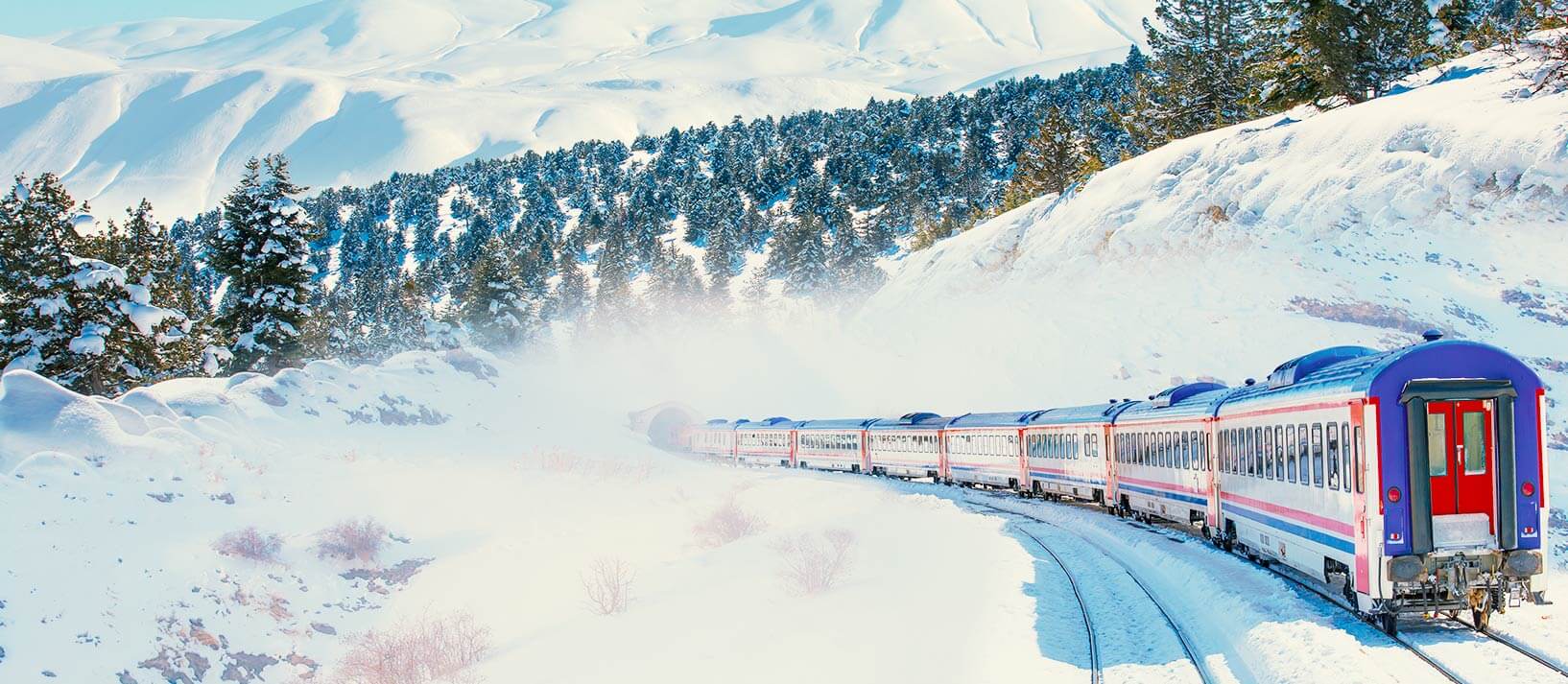
Musical journeys
For a unique way to experience Türkiye’s musical traditions, consider the Eastern Express train journey from Ankara to Kars. This scenic ride passes through remote villages and snowy mountain landscapes.
Along the way, it’s common to see musicians onboard playing the bağlama or kemençe, turning the journey into a moving concert. This spontaneous musical tradition is particularly popular in winter when locals gather in the train’s cars to share songs, dance, and celebrate the journey together.